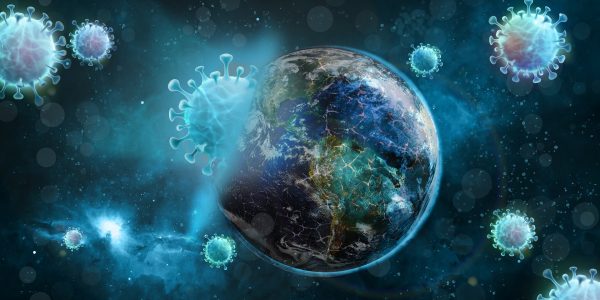Lockdown, freedom and responsibility
February 23, 2022
Two years ago, we learned a new word: ‘lockdown’. This was in fact an old word which acquired a new meaning during the Covid-19 pandemic. That new meaning gradually changed over time. Now ‘lockdown’ has more or less lost its meaning and just stands for something to be avoided at all cost or something that …
Superimmunity
February 11, 2022
From the start of the pandemic in the distant spring of 2020 linguists and communication researchers have kept an eye on language. They observed the emergence of new words, such as ‘covid’ and ‘covidiots’ and the increase in use and understanding of older or jargon words, such as pandemic, coronavirus, lockdown, social distancing, bubbles, and …
Endemic confusion
January 7, 2022
A few days ago, I saw this tweet by Bill Hanage and smiled: “For some reason there seems to be a lot of talk about endemicity again. For the avoidance of doubt, omicron is not endemic right now in much the same way that the moon is not a hamster”. I read many of the …
Science, politics and integrity
October 15, 2021
On 12 October three things appeared in my Twitter timeline: a report, an academic paper and an interview, all dealing with science and politics in the context of the management of the coronavirus pandemic. Most importantly, there was the House of Commons report which showed for all to see what a shambles the UK government’s …
Covid, cowering and cowardice
July 25, 2021
We all remember Boris Johnson saying in March 2020 that we should take covid on the chin, followed by him saying in April that year that Covid was an invisible mugger that one should wrestle to the floor. This metaphorical framing of the virus as a physical assailant and of those having to deal with …
Coronavirus and mental health: Risks, protective factors and care
July 2, 2021
This is a guest post by Dr Rusi Jaspal who is Professor of Psychology at Nottingham Trent University in the UK. E-mail: rusi.jaspal@ntu.ac.uk Twitter: @ProfRJaspal *** For several years, my colleagues and I have studied the effects of major social change on people’s sense of identity and psychological wellbeing. We have done so primarily through …










